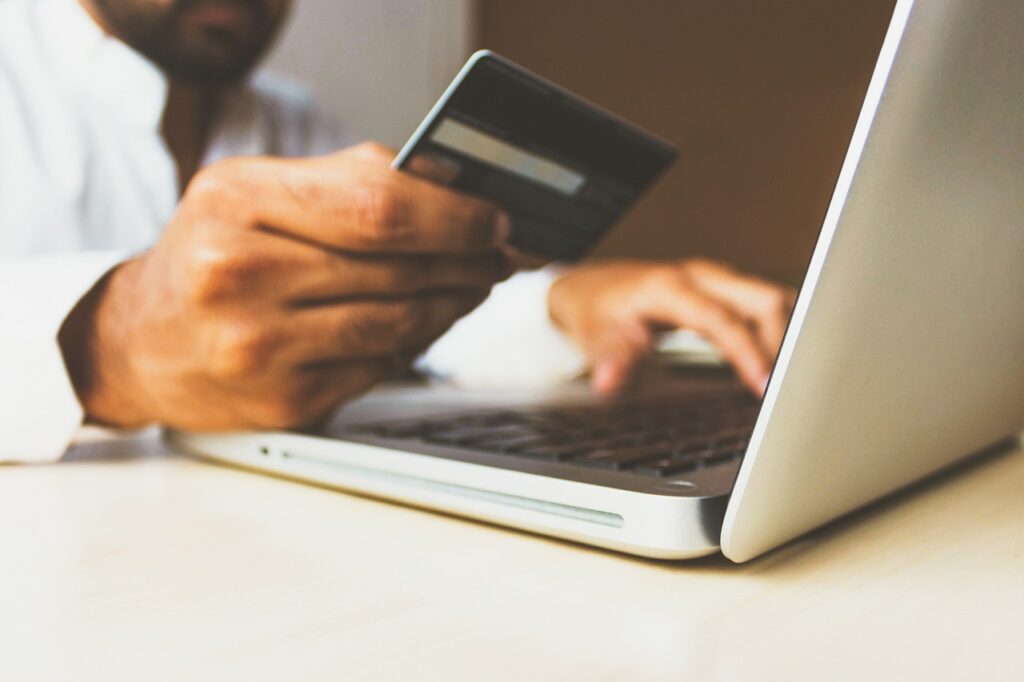Credit card debt can be a significant burden, affecting your financial health and peace of mind. Paying it off requires a strategic approach and disciplined execution. Here’s a comprehensive guide on how to pay off credit card debt effectively.
Assess Your Debt Situation
List All Debts:
Start by listing all your credit card debts, including the balance, interest rate, and minimum payment for each card. This will give you a clear picture of your total debt and help you prioritize which debts to tackle first.
Understand Your Financial Situation:
Evaluate your monthly income, expenses, and savings. Knowing your cash flow is crucial in determining how much you can allocate towards paying off your debt.
Create a Budget
Track Your Spending:
Keep track of all your expenditures for a month to identify areas where you can cut back. This will free up more money to put towards your debt.
Set a Realistic Budget:
Create a budget that covers your essential expenses and includes a dedicated amount for debt repayment. Stick to this budget to avoid unnecessary spending.
Choose a Debt Repayment Strategy
Debt Snowball Method:
Pay off the smallest debt first while making minimum payments on the others. Once the smallest debt is paid off, move to the next smallest. This method provides psychological wins and motivation as you see debts disappearing.
Debt Avalanche Method:
Focus on paying off the debt with the highest interest rate first, while making minimum payments on the others. This method saves you more money in interest over time.
Debt Consolidation:
Consider consolidating your debts into a single loan with a lower interest rate. This can simplify your payments and potentially reduce the overall interest you pay.
Negotiate with Creditors
Lower Interest Rates:
Contact your credit card companies and ask if they can lower your interest rates. A lower rate can reduce the amount of interest you pay, allowing more of your payment to go towards the principal.
Debt Settlement:
In some cases, creditors may be willing to settle your debt for less than you owe. Be aware that this can negatively impact your credit score and may have tax implications.
Increase Your Income
Side Gigs:
Look for additional sources of income, such as freelance work, part-time jobs, or gig economy opportunities. Extra income can accelerate your debt repayment.
Sell Unused Items:
Sell items you no longer need, such as electronics, clothing, or furniture. Use the proceeds to pay down your debt.
Avoid Accumulating More Debt
Stop Using Credit Cards:
Commit to using cash or debit cards instead of credit cards to prevent further debt accumulation. Consider leaving your credit cards at home or even freezing them in a block of ice.
Emergency Fund:
Build an emergency fund to cover unexpected expenses. This prevents you from relying on credit cards in case of emergencies.
Stay Motivated and Track Progress
Set Milestones:
Break down your debt repayment into smaller, manageable milestones. Celebrate each milestone to stay motivated.
Track Your Progress:
Use spreadsheets, apps, or other tools to track your debt repayment progress. Seeing your balances decrease can be highly motivating.
Seek Professional Help if Needed
Credit Counseling:
Consider working with a non-profit credit counseling agency. They can provide advice, create a debt management plan, and negotiate with creditors on your behalf.
Financial Advisor:
A financial advisor can help you create a comprehensive plan to manage your debt and improve your overall financial health.
Paying off credit card debt is challenging but achievable with the right strategy and commitment. By assessing your situation, creating a budget, choosing an effective repayment method, and avoiding further debt, you can take control of your finances and work towards a debt-free future. Stay disciplined, track your progress, and seek help if needed. Your financial freedom is worth the effort.
Utilize Balance Transfer Offers
Introductory 0% APR Offers:
Many credit cards offer introductory 0% APR balance transfer promotions for a specified period, often 12 to 18 months. Transferring your high-interest debt to one of these cards can give you a break from interest payments and allow you to pay down the principal more aggressively.
Balance Transfer Fees:
Be aware of balance transfer fees, typically 3% to 5% of the amount transferred. Calculate if the interest savings outweigh the transfer fee.
Automate Your Payments
Set Up Automatic Payments:
Automating your payments ensures you never miss a due date, avoiding late fees and additional interest.
Schedule automatic payments for at least the minimum amount, with extra payments set up separately.
Prioritize Extra Payments:
When you have extra funds, direct them towards your highest-priority debt. This can help reduce your balance faster and minimize interest charges.
Consider the Impact on Your Credit Score
Timely Payments:
Consistently making on-time payments positively impacts your credit score. As you pay down your debt, your credit utilization ratio will improve, further boosting your score.
Debt-to-Income Ratio:
Lowering your overall debt improves your debt-to-income ratio, making you more attractive to future lenders for mortgages or car loans.
Maintain a Long-Term Perspective
Build Good Financial Habits:
Adopting good financial habits, such as budgeting, saving, and living within your means, is crucial for maintaining financial health long-term.
Plan for the Future:
Once your credit card debt is paid off, redirect the money you were using for debt payments into savings or investments. Building an emergency fund, saving for retirement, and investing in your future will set you on a path to long-term financial security.
Paying off credit card debt requires a well-thought-out plan and determination. By assessing your financial situation, creating and sticking to a budget, choosing the right repayment strategy, negotiating with creditors, increasing your income, and avoiding new debt, you can systematically eliminate your debt. Automating payments, leveraging balance transfer offers, and maintaining good financial habits will support your journey toward financial freedom.
Remember that this process takes time and persistence. Celebrate your progress along the way, and don’t hesitate to seek professional help if needed. With dedication and discipline, you can achieve your goal of becoming debt-free and enjoy the peace of mind that comes with financial stability.






